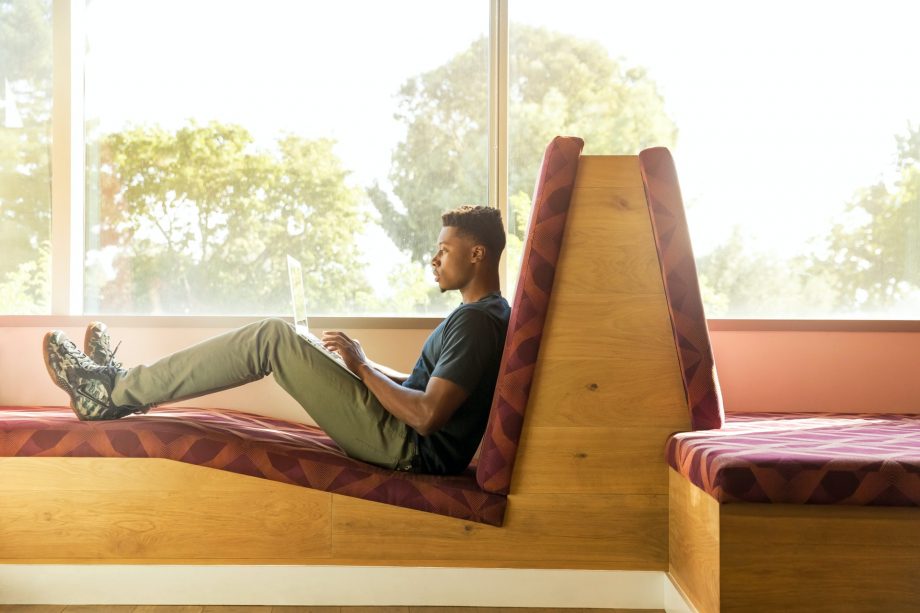Online Therapy and Life-Coaching
In today’s hectic world of non-stop stress and anxiety, where time to talk is precious and even more essential than ever, online therapy has a considerable number of advantages.
Online therapy gives you the chance to talk to your therapist from the comfort of your own home or workplace or wherever you happen to be.
This convenient way of communicating your issues and problems with your online therapist whose profile you have chosen because you think they suit your own specific needs means you can book a chat with them for the next day if you wish – no more being put on the bottom of a long waiting list.
Sessions are often cheaper than face-to-face, and costs depend on whether you opt for email, messaging, apps, or video calls via Zoom, Skype, Vsee, WhatsApp, and Doxy.Me.
It makes sense than online therapy is growing in popularity as tech is part of our modern-day life.
But, it is essential that you are fully prepared and ready for this important online session, this will make sure that everything goes smoothly for both you and your therapist.
Top Tips for Online Therapy Preparation
Having any form of therapy can be nerve-wracking, so you want to ensure the process goes well from the beginning to the end of each online session, so it is highly recommended that you follow our suggestions…
To make sure everything goes effortlessly during your session, it’s a good idea that you check the offering therapy services’ privacy policies before you commit yourself to anything.
An online therapy service such as Beecholme Adult Care, for example, uses professionally trained therapists and adheres to an ethics policy, but not every online counselling service does, so it’s essential you do your homework.
Make sure you are also happy with the level of confidentiality offered by your technology – Google will help you with this.
Technological issues can be a problem with dropped calls, frozen videos and trouble accessing chats aren’t always going to be conducive to online treatment. Still, if you are organised, they shouldn’t become a barrier to your receiving online support.
Browsers and other online communication tools, as well as cloud backup, can slow your system down – so, close them all down before the session.
Check the lighting is right if you need to be seen. Think about your background as well – you might not be happy with your therapist seeing your dirty laundry! The height of your camera also needs to be right too – simple things, but they can make all the difference to your session focussing on the right things, not the wrong.
Make sure you aren’t going to be disturbed – put a sign on your door, turn off your mobile and switch off any alerts on your screen. This is ‘you time’ so don’t let anything spoil it! Perhaps you could wear headphones so you can be extra confidential.
If anything does go wrong with your technology, have a backup plan such as being able to use a landline, WhatsApp, or rescheduling another convenient time. Mistakes happen, don’t let it put you off.
It may be daunting at first, but with time and practice, it won’t take you long to get used to the technology you are using during your online therapy session, and you’ll soon be wondering why you haven’t always done it this way!

